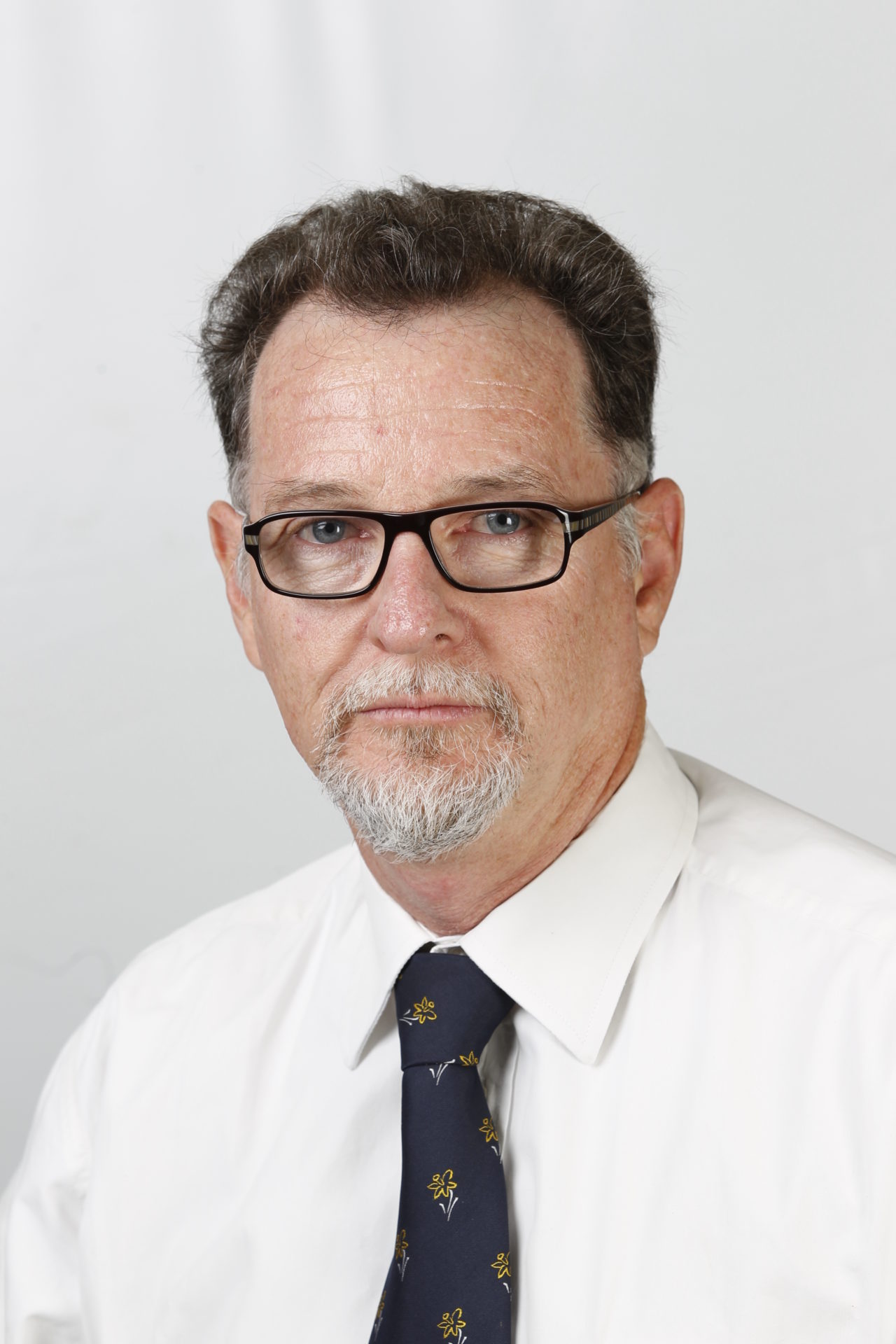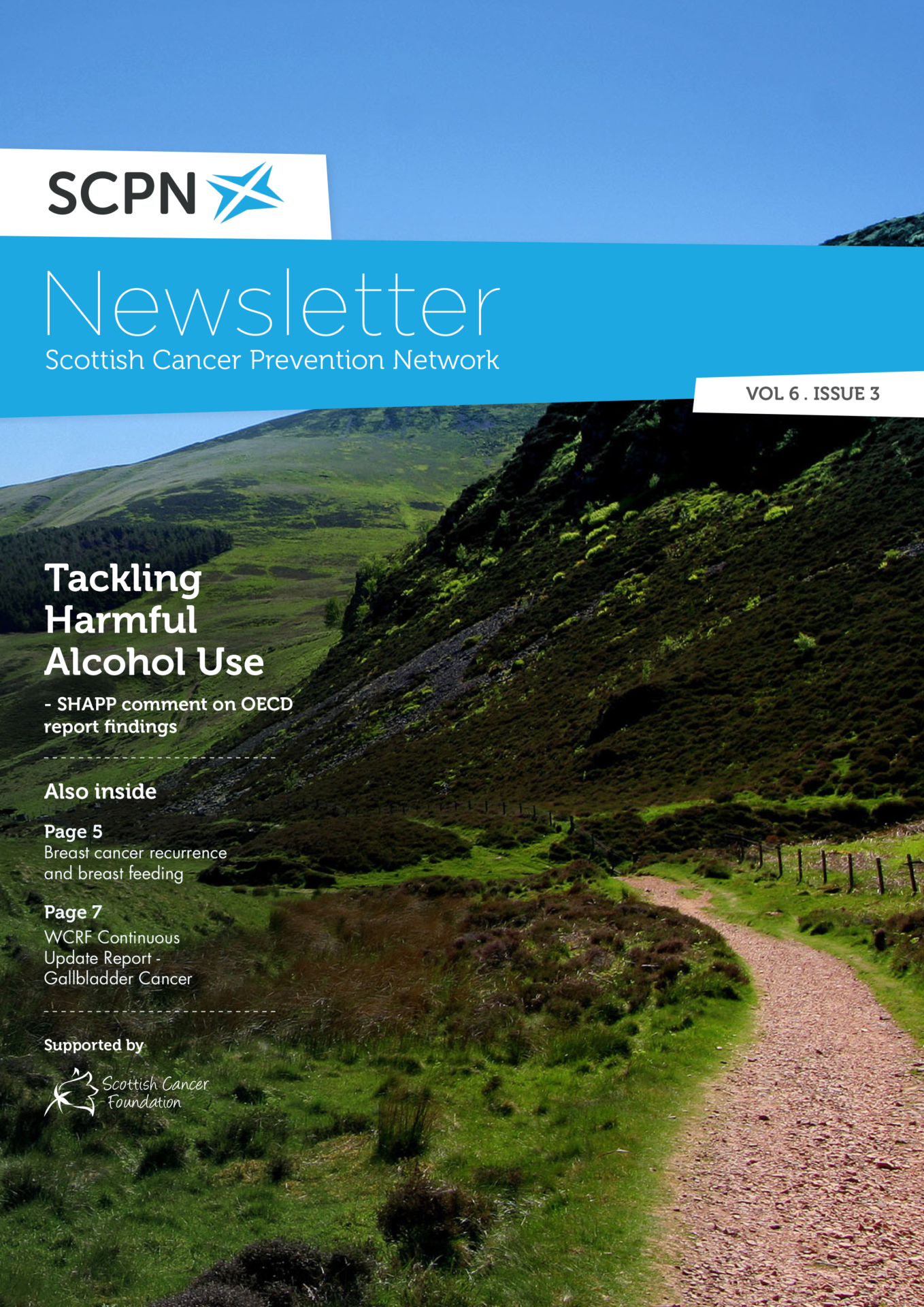
Interview: Terry Slevin

20 Jul 15 |
Profile
Terry Slevin
Director, Education and Research at Cancer Council Western Australia
Terry Slevin is one of the Australian Cancer Council’s foremost experts on public health research and health promotion. A regular media commentator on cancer issues from the causes and early detection of cancer, to broader chronic disease prevention issues, he is Director of Education and Research at Cancer Council WA where he has worked since 1994, and has recently taken on the role of Chair of the Australian Cancer Council’s Occupational and Environmental Cancer Risk Committee.
What do you enjoy most about your job?
Variety and relevance. There is so much going on in the cancer control world – every day I go to work I’m likely to learn something, and something that was unanticipated will happen. Not only do I need to keep on top of cancer epidemiology and related research, I need to stay in touch with thinking on advances in communication technology and trends and local and national politics. The relevance is that people have a genuine and close interest in what we do. Cancer is a very real concern for the people we serve. They care about what we say and want to be able to rely on our advice. So getting up in the morning to go to work is not a hardship – in many ways it is a privilege. And the people I work with are legends.
What is the best decision you have eve taken?
When President of my University Student Representative Council at Newcastle University, I decided to get involved with a project aimed at influencing the attitudes on smoking, alcohol and drugs of the students
I served. It put me in touch with people in my home town who worked on the early programs on tobacco control. From there I took a job with them starting the tobacco control campaign in my region. That was my first “real” job, and got me in on the early days (1984) of cancer prevention campaigning. The rest is….
What is the most important message you like to get across about cancer prevention?
We offer what every marketer claims – youth, beauty and eternal life. Well – maybe not quite, but the closest thing science has to offer on that front. How many dodgy lotions, potions and machines claim to make people look better, feel better or live longer? Too many. But the evidence says if people follow the evidence based advice we offer, they have the best chance available to meet those objectives. We offer people the chance of more birthdays and the capacity to enjoy them. Sounds like an important message to me.
What would people find surprising about you?
Not much I suspect. I am pretty upfront – WYSIWYG (what you see is what you get). I am maybe a little fitter than I look. I swim – a lot, mostly to manage a dodgy back. All that swimming got me into open water (ocean) swimming. An event run near my home involves swimming to Rottnest Island – 20km off the Perth Coast. I’ve done it a few times in a team (of 4) and twice recently as a duo. Swimmers take turns ploughing through the waves accompanied by a boat carrying the resting swimmer(s). This year I did the swim with my daughter Nicki. That was special. And no – the sharks are NOT an issue.
How do you relax?
Swim! I have also started cycling to work
(14km) and I play golf. I also follow rugby. I am a member of my local team in the Super 15s, The Western Force, who have done none too well this year – making it a little less relaxing! I enjoy following the local rugby comp too.
Five a day?
We’ve run the “go for 2 and 5” campaign. 2 fruit and 5 veg a day is the recommendation. I confess I do not keep close count but I always have fruit in the office and on the kitchen counter at home, and aim to have veggies of some kind every lunch and dinner. If I don’t get enough veggies I tend to crave them a little.
Choose one action for cancer risk reduction that you are most proud of in Western Australia
Happily there are a few. I’ll name 2 and both took a long time, patience and persistence. The first is our skin cancer efforts. I guess I have a personal investment there in that I’ve been responsible for leading the skin cancer effort in Western Australia for more than
20 years. I can now show clear evidence of reduction in melanoma incidence and mortality in younger age groups in WA. Hard-nosed outcomes on the back of long-term prevention work. The second is the campaign we’ve been running to get the federal government to support the full roll out of the National Bowel Cancer Screening Program. I’m confident specific contributions we’ve made in WA have contributed to the long term commitment to a program that will reduce deaths from bowel cancer by tens of thousands. Pretty good I reckon.
This interview was published in Volume 6, Issue 3 of our Newsletter. Read the whole issue here:

The SCPN Newsletter: Volume 6, Issue 3
In this, our Summer 2015 issue, we hear from SHAAP on Tackling Harmful Alcohol Use following OECD report findings, discuss research on breast cancer recurrence and breast feeding, and disseminate the latest from WCRF’s Continuous Update Project, as well as looking at cancer prevention from a Western Australian perspective, following our co-director’s visit to Oz, and more.